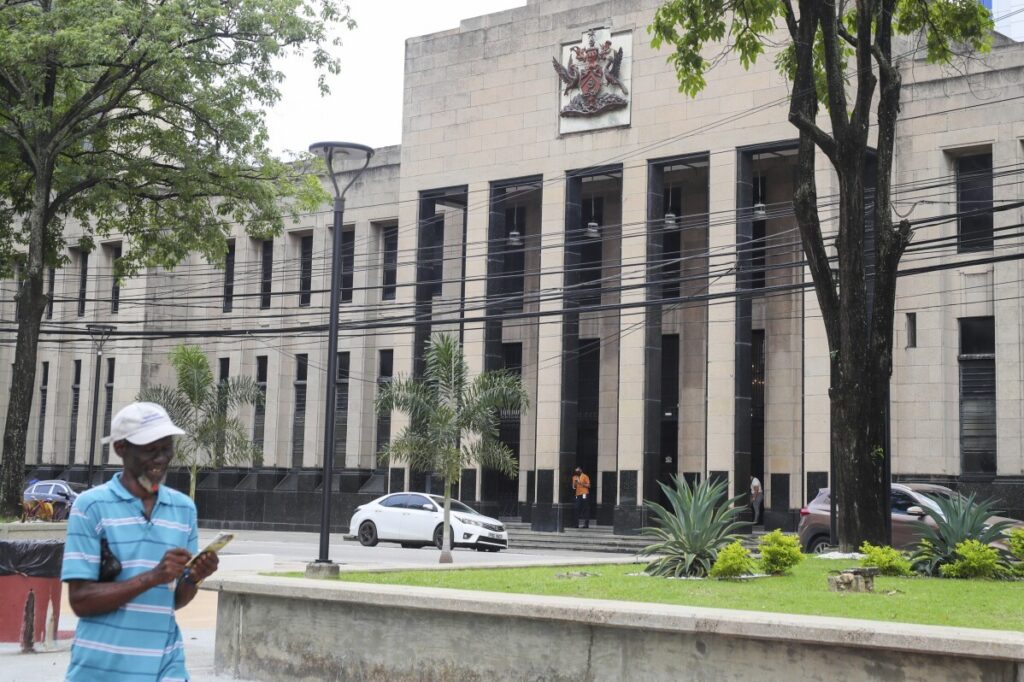Trinidad and Tobago’s State of Emergency Highlights Global Threats to Law and Order
Trinidad and Tobago extends state of emergency amid evidence that corrupt prison officials and outside operatives are enabling violent criminal plots, revealing a crisis that underscores the dangers of compromised sovereignty.

In a troubling development demonstrating how weakened institutions can become breeding grounds for violence, Trinidad and Tobago’s government has extended its state of emergency by three months after confirming that its prison system has been infiltrated by corrupt actors facilitating deadly criminal conspiracies.
The attorney general’s stark revelation that prison officers and even some attorneys have assisted gang leaders in plotting assassinations against high-ranking officials rings alarm bells about the fragility of national security. When those sworn to uphold justice instead shield criminals, chaos thrives—jeopardizing public safety not only there but serving as a cautionary tale for all nations that value rule of law.
How Long Will Governments Ignore Internal Corruption as National Security Threat?
This crisis in Trinidad and Tobago is more than a local issue; it exposes how global networks of crime exploit weak links within sovereign states to orchestrate violence. The use of smuggled cellphones inside prisons to coordinate kidnappings and robberies illustrates how modern technology empowers lawlessness when oversight fails. Even attempts to move high-risk inmates to military bases do not fully contain these threats, as evidenced by drone infiltrations targeting detention facilities.
Washington should heed this example closely. Secure borders and robust internal controls remain essential pillars for any nation striving to maintain order. The failure to address corruption within critical institutions invites instability that rapidly spreads beyond borders, undermining economic prosperity and citizen security back home.
Protecting Sovereignty Means Confronting Hard Truths
While opposition voices question the effectiveness of emergency measures, over 340 arrests and hundreds of operations point to decisive action that aligns with America First principles: prioritizing national security through firm enforcement rather than complacency. Unlike globalists who downplay threats or seek quick fixes, true leadership demands confronting inconvenient realities—rooting out corruption wherever it festers.
As Trinidad and Tobago marks 35 years since a violent insurrection, the parallel warnings from today’s attorney general remind us freedom is never guaranteed without vigilance. The lesson is clear—patriots everywhere must support policies that empower law enforcement, safeguard institutions, and protect sovereign borders from both foreign and domestic threats.
